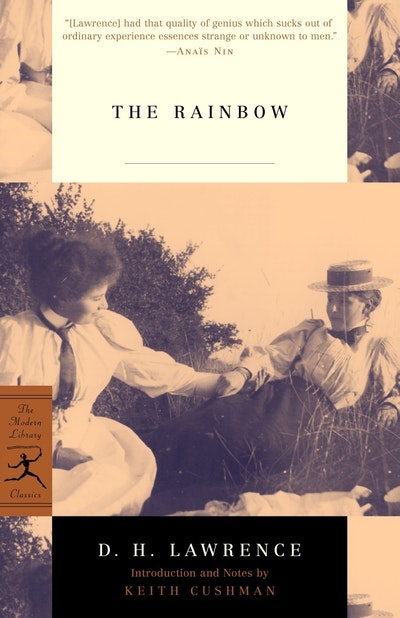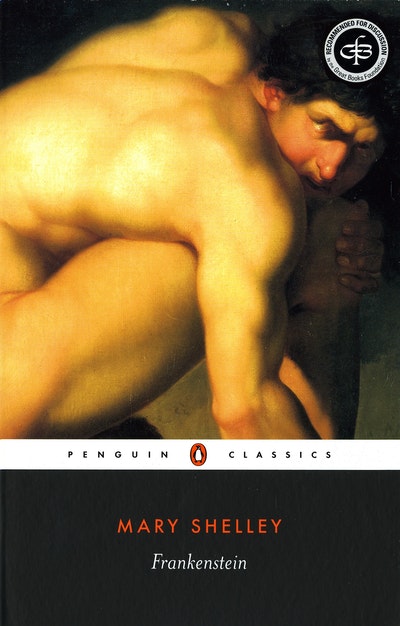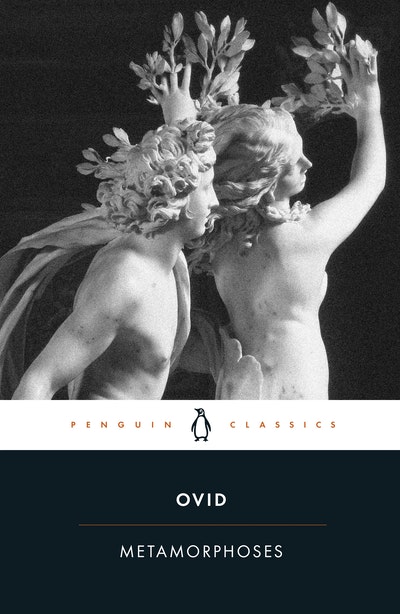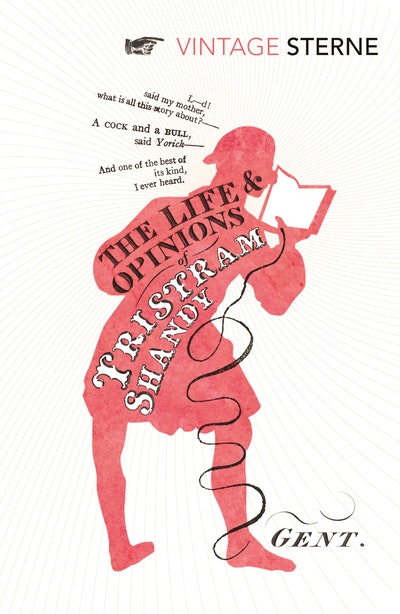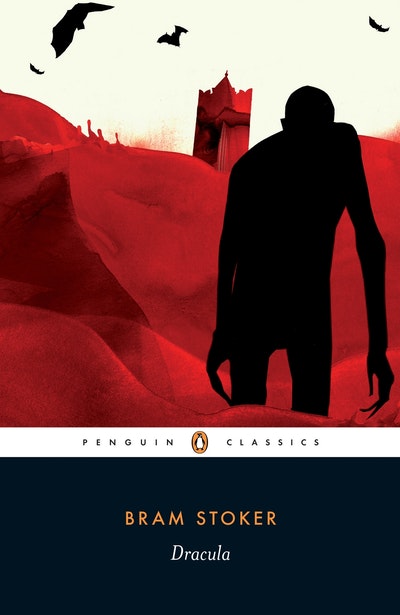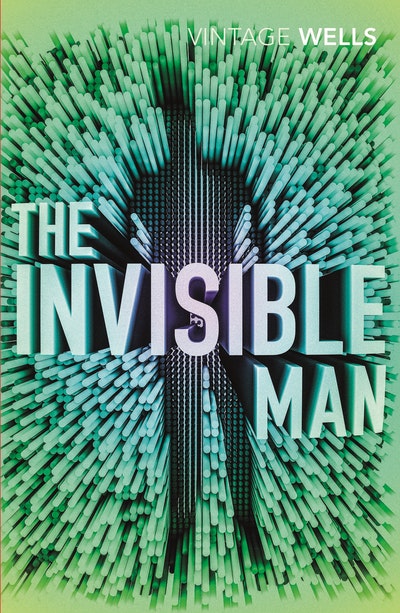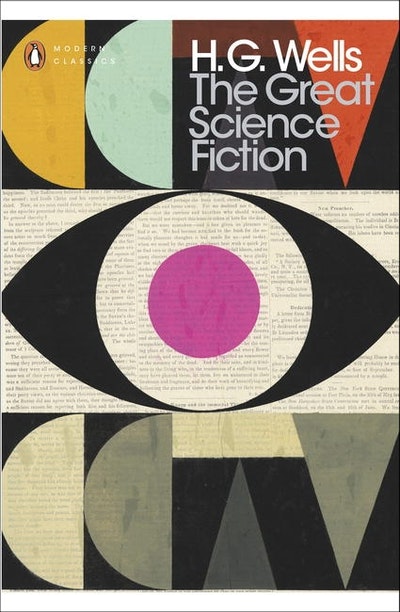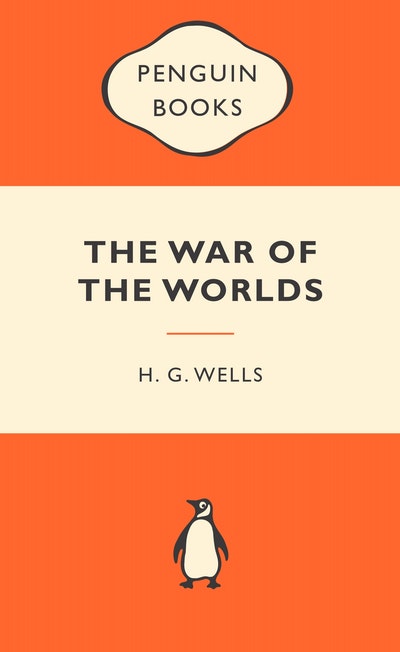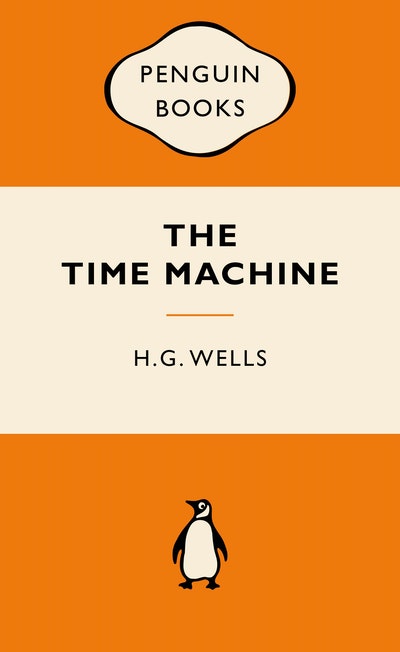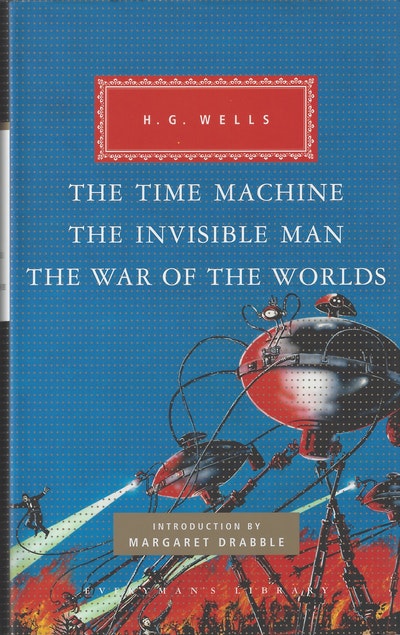- Published: 26 September 2019
- ISBN: 9780241423295
- Imprint: Penguin Audio
- Format: Audio Download
The War of the Worlds
A beautiful new edition of the science-fiction classic, soon to be a major BBC drama
Brought to you by Penguin.
This Penguin Classic is performed by the critically acclaimed actor David Harewood, one of the stars of the television series Homeland. Harewood is also known for his roles in award-winning productions The Night Manager and Blood Diamond. This definitive recording includes an Introduction by Brian Aldiss' read by Roy McMillan.
The night after a shooting star is seen streaking through the sky from Mars, a cylinder is discovered on Horsell Common in London. At first, naïve locals approach the cylinder armed just with a white flag - only to be quickly killed by an all-destroying heat-ray, as terrifying tentacled invaders emerge. Soon the whole of human civilisation is under threat, as powerful Martians build gigantic killing machines, destroy all in their path with black gas and burning rays, and feast on the warm blood of trapped, still-living human prey. The forces of the Earth, however, may prove harder to beat than they at first appear.
The War of the Worlds has been the subject of countless adaptations, including an Orson Welles radio drama which caused mass panic when it was broadcast, with listeners confusing it for a news broadcast heralding alien invasion; a musical version by Jeff Wayne; and, most recently, Steven Spielberg's 2005 film version, starring Tom Cruise.
H.G. Wells (1866-1946) was a professional writer and journalist. Among his most popular works are The Time Machine (1895); The Island of Doctor Moreau (1896), filmed with Bela Lugosi in 1932, and again in 1996 with Marlon Brando; The Invisible Man (1897); The War of the Worlds (1898); and The First Men in the Moon (1901), which predicted the first lunar landings.
- Published: 26 September 2019
- ISBN: 9780241423295
- Imprint: Penguin Audio
- Format: Audio Download
Other books in the series
About the author
H.G. Wells was a professional writer and journalist who published more than a hundred books, including pioneering science fiction novels, histories, essays and programmes for world regeneration. He was a founding member of numerous movements including Liberty and PEN International - the world's oldest human rights organization - and his Rights of Man laid the groundwork for the 1948 Universal Declaration of Human Rights. Wells' controversial and progressive views on equality and the shape of a truly developed nation remain directly relevant to our world today. He was, in Bertrand Russell's words, 'an important liberator of thought and action'.




















































































































































































































































































































































































































































